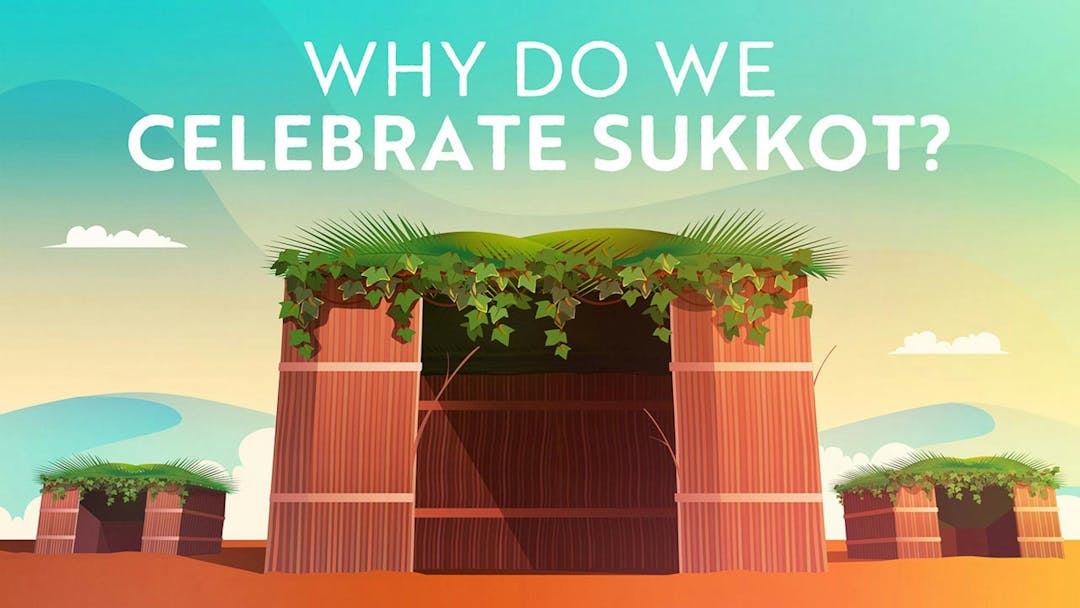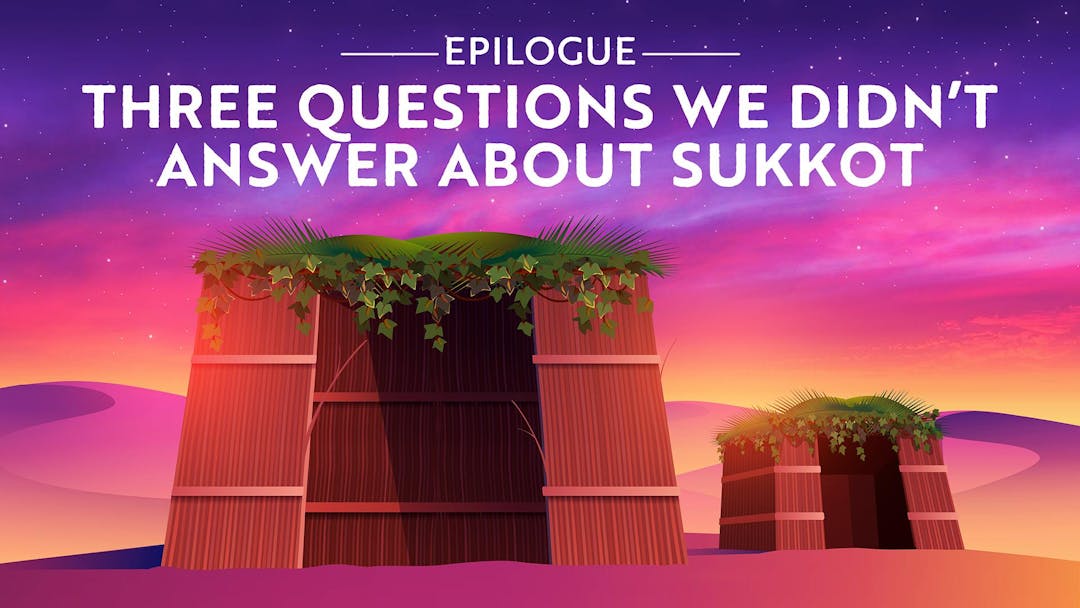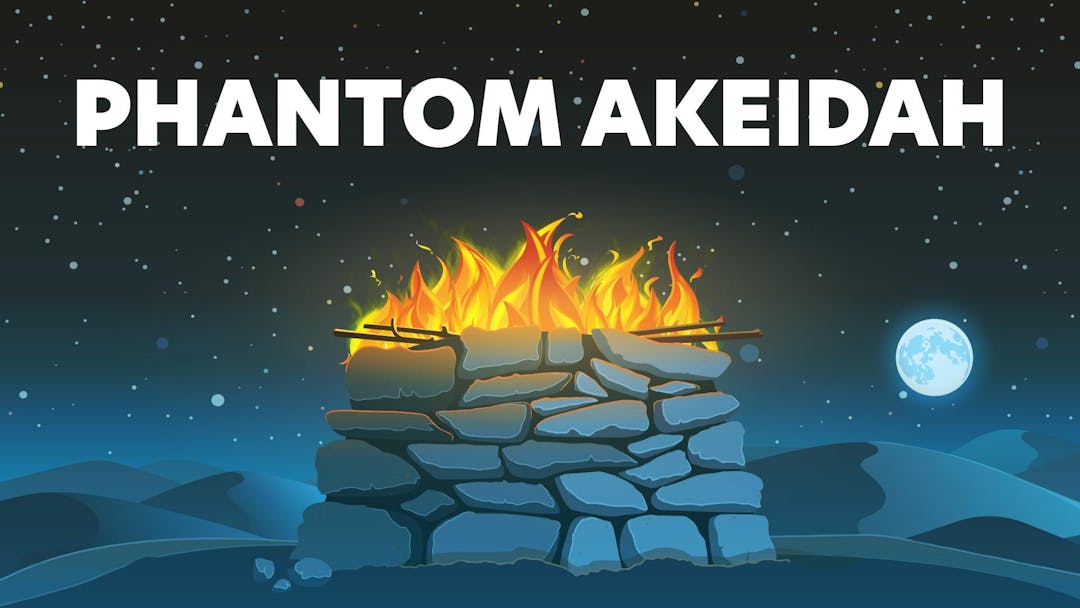Start your free trial today to unlock the full library and enjoy unlimited and uninterrupted access.
Get StartedThe Transcendence of Shabbat (Part 1 of 5)
The Deep Connection Between The Biblical Holidays
Rabbi Fohrman begins this fascinating series on the Shalosh Regalim, Three Pilgrimage Festivals: Passover, Sukkot and Shavuot, by first taking a look at where we are introduced to these holidays in the Bible. The chapter on the holidays (in Leviticus) seems to begin in an odd place and has many references to Shabbat, which seems to be out of place. What can the Shabbat have in common with these holidays?
Join Rabbi Fohrman as he begins to paint a beautiful picture where fantastic patterns begin to emerge. Shabbat seems to be a much bigger element in our world than we’ve ever realized. Understanding this concept is crucial in understanding the holiday cycle.
Want to watch the full video for free?
Enter your email and we’ll send you a link to watch the full series free.
What is Aleph Beta?
Aleph Beta is a unique kind of Torah library. Led by our founder, Rabbi David Fohrman, we are dedicated to high-level, textual Torah learning for adults that is intellectually and spiritually sophisticated, that enlivens your Jewish practice and helps you forge a deeper connection to God. Whether you’ve been learning in yeshiva for years or you’re just beginning your Torah journey, you’re sure to find something meaningful and surprising waiting for you here.
Browse our library of over 1,000 beautifully produced animated videos, podcasts, deep dive courses, and printable guides. Topics include the weekly parsha, Jewish holidays & fast days, laws & mitzvot, prayers, relationships, big philosophical ideas and more. Have something to say at the Shabbos table that will amaze your family and guests and bring deep meaning into their lives.











